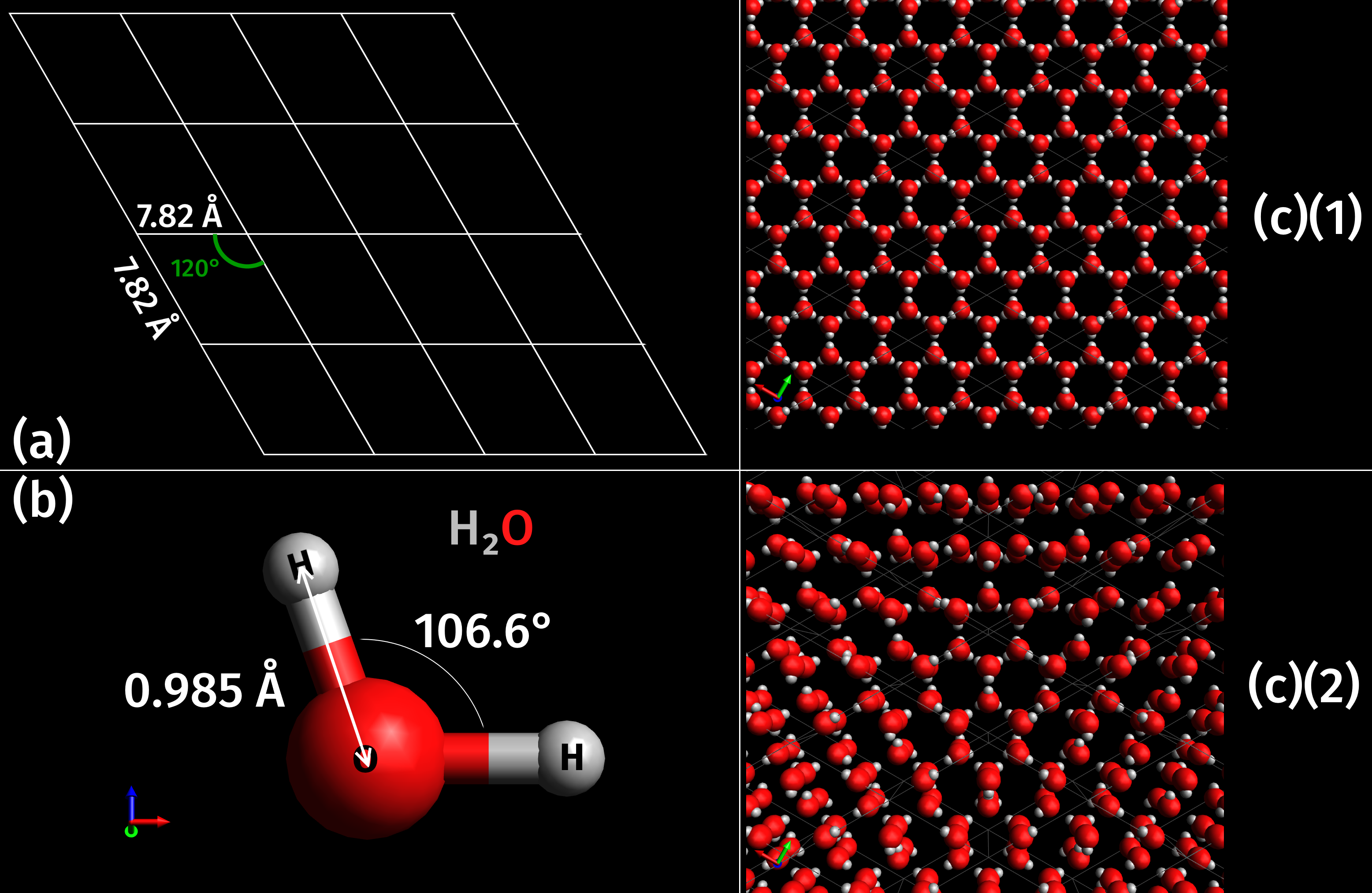|
Kozue Kinoshita
was a Japanese ice hockey player. He competed in the men's tournament at the 1936 Winter Olympics The 1936 Winter Olympics, officially known as the IV Olympic Winter Games () and commonly known as Garmisch-Partenkirchen 1936, were a winter multi-sport event held from 6 to 16 February 1936 in the market town of Garmisch-Partenkirchen, Nazi Ger .... References External links * 1912 births Year of death missing Japanese ice hockey players Olympic ice hockey players for Japan Ice hockey players at the 1936 Winter Olympics Place of birth missing {{Japan-icehockey-bio-stub ... [...More Info...] [...Related Items...] OR: [Wikipedia] [Google] [Baidu] |
Winger (ice Hockey)
Winger, in the game of ice hockey, is a forward position of a player whose primary zone of play is along the outer playing areas. They typically flank the centre forward. Originally the name was given to forward players who went up and down the sides of the rink. Wingers generally have the least defensive responsibilities out of any position on the ice, however they are still tasked with defensive duties such as forechecking duties or covering the point in the defensive zone. Nowadays, there are different types of wingers in the game — out-and-out goal scorers, checkers who disrupt the opponents, and forwards who work along the boards and in the corners. Often a winger's precise role on a line depends upon what type of role the other winger plays; usually lines will have one more goal-scoring oriented winger and one winger more focused on playing the boards, checking and passing the puck to others to take shots (if a larger player, he will sometimes be called a "power fo ... [...More Info...] [...Related Items...] OR: [Wikipedia] [Google] [Baidu] |
Ice Hockey
Ice hockey (or simply hockey in North America) is a team sport played on ice skates, usually on an Ice rink, ice skating rink with Ice hockey rink, lines and markings specific to the sport. It belongs to a family of sports called hockey. Two opposing teams use ice hockey sticks to control, advance, and Shot (ice hockey), shoot a vulcanized rubber hockey puck into the other team's net. Each Goal (ice hockey), goal is worth one point. The team with the highest score after an hour of playing time is declared the winner; ties are broken in Overtime (ice hockey), overtime or a Shootout (ice hockey), shootout. In a formal game, each team has six Ice skating, skaters on the ice at a time, barring any penalties, including a goaltender. It is a contact sport#Grades, full contact game and one of the more physically demanding team sports. The modern sport of ice hockey was developed in Canada, most notably in Montreal, where the first indoor ice hockey game, first indoor game was play ... [...More Info...] [...Related Items...] OR: [Wikipedia] [Google] [Baidu] |
Ice Hockey At The 1936 Winter Olympics
The men's ice hockey tournament at the 1936 Winter Olympics in Garmisch-Partenkirchen, Germany, was the fifth Ice hockey at the Olympic Games, Olympic Championship, also serving as the tenth World Ice Hockey Championships, World Championships and the 21st Ice Hockey European Championships, European Championships. The British national ice hockey team pulled off a major upset when they won the gold medal, marking a number of firsts in international ice hockey competition. Great Britain made history as the first team ever to win an Olympic, World, and European (its second) Championships and the first to win all three in the same year. They were the first team to stop Canada men's national ice hockey team, Canada from winning the Olympic ice hockey gold, following Canada's four consecutive gold medals. Tournament summary In previous Olympics, the Great Britain team had finished third (1924), and fourth (1928) but with teams that were, "largely composed of Canadian Army officers and ... [...More Info...] [...Related Items...] OR: [Wikipedia] [Google] [Baidu] |
1936 Winter Olympics
The 1936 Winter Olympics, officially known as the IV Olympic Winter Games () and commonly known as Garmisch-Partenkirchen 1936, were a winter multi-sport event held from 6 to 16 February 1936 in the market town of Garmisch-Partenkirchen, Nazi Germany, Germany. Later that year, the country also hosted the 1936 Summer Olympics, which were held in Berlin. It was the last year in which the Summer and Winter Games both took place in the same country (the cancelled 1940 Olympics would have been held in Japan, with Tokyo hosting the 1940 Summer Olympics, Summer Games and Sapporo hosting the 1940 Winter Olympics, Winter Games). The 1936 Winter Games were organized on behalf of the National Socialist League of the Reich for Physical Exercise, German League of the Reich for Physical Exercise (DRL) by Karl Ritter von Halt, who had been named president of the committee for the organization of the Fourth Winter Olympics in Garmisch-Partenkirchen by ''Reichssportführer'' Hans von Tschammer und ... [...More Info...] [...Related Items...] OR: [Wikipedia] [Google] [Baidu] |
1912 Births
This year is notable for Sinking of the Titanic, the sinking of the ''Titanic'', which occurred on April 15. In Albania, this leap year runs with only 353 days as the country achieved switching from the Julian to Gregorian Calendar by skipping 13 days. Friday, 30 November ''(Julian Calendar)'' immediately turned Saturday, 14 December 1912 ''(in the Gregorian Calendar)''. Events January * January 1 – The Republic of China (1912–49), Republic of China is established. * January 5 – The Prague Conference (6th All-Russian Conference of the Russian Social Democratic Labour Party) opens. * January 6 ** German Geophysics, geophysicist Alfred Wegener first presents his theory of continental drift. ** New Mexico becomes the 47th U.S. state. * January 8 – The African National Congress is founded as the South African Native National Congress, at the Waaihoek Wesleyan Church in Bloemfontein, to promote improved rights for Black people, black South Africans, with Joh ... [...More Info...] [...Related Items...] OR: [Wikipedia] [Google] [Baidu] |
Year Of Death Missing
A year is a unit of time based on how long it takes the Earth to orbit the Sun. In scientific use, the tropical year (approximately 365 solar days, 5 hours, 48 minutes, 45 seconds) and the sidereal year (about 20 minutes longer) are more exact. The modern calendar year, as reckoned according to the Gregorian calendar, approximates the tropical year by using a system of leap years. The term 'year' is also used to indicate other periods of roughly similar duration, such as the lunar year (a roughly 354-day cycle of twelve of the Moon's phasessee lunar calendar), as well as periods loosely associated with the calendar or astronomical year, such as the seasonal year, the fiscal year, the academic year, etc. Due to the Earth's axial tilt, the course of a year sees the passing of the seasons, marked by changes in weather, the hours of daylight, and, consequently, vegetation and soil fertility. In temperate and subpolar regions around the planet, four seasons are ... [...More Info...] [...Related Items...] OR: [Wikipedia] [Google] [Baidu] |
Japanese Ice Hockey Players
Japanese may refer to: * Something from or related to Japan, an island country in East Asia * Japanese language, spoken mainly in Japan * Japanese people, the ethnic group that identifies with Japan through ancestry or culture ** Japanese diaspora, Japanese emigrants and their descendants around the world * Japanese citizens, nationals of Japan under Japanese nationality law ** Foreign-born Japanese, naturalized citizens of Japan * Japanese writing system, consisting of kanji and kana * Japanese cuisine, the food and food culture of Japan See also * List of Japanese people * * Japonica (other) * Japanese studies , sometimes known as Japanology in Europe, is a sub-field of area studies or East Asian studies involved in social sciences and humanities research on Japan. It incorporates fields such as the study of Japanese language, history, culture, litera ... {{disambiguation Language and nationality disambiguation pages ... [...More Info...] [...Related Items...] OR: [Wikipedia] [Google] [Baidu] |
Olympic Ice Hockey Players For Japan
Olympic or Olympics may refer to Sports Competitions * Olympic Games, international multi-sport event held since 1896 ** Summer Olympic Games ** Winter Olympic Games * Ancient Olympic Games, ancient multi-sport event held in Olympia, Greece between 776 BC and 393 AD * Olympic (greyhounds), a competition held annually at Brighton & Hove Greyhound Stadium Clubs and teams * Adelaide Olympic FC, a soccer club from Adelaide, South Australia * Fribourg Olympic, a professional basketball club based in Fribourg, Switzerland * Sydney Olympic FC, an Australian soccer club * Olympic Club (Barbacena), a Brazilian football club based in Barbacena, Minas Gerais state * Olympic Mvolyé, a Cameroonian football club based in Mvolyé * Olympic Club (Egypt), a football and sports club based in Alexandria * Blackburn Olympic F.C., an English football club based in Blackburn, Lancashire * Rushall Olympic F.C., an English football club based in Rushall * FC Olympic Tallinn, an Esto ... [...More Info...] [...Related Items...] OR: [Wikipedia] [Google] [Baidu] |
Ice Hockey Players At The 1936 Winter Olympics
Ice is water that is frozen into a solid state, typically forming at or below temperatures of 0 ° C, 32 ° F, or 273.15 K. It occurs naturally on Earth, on other planets, in Oort cloud objects, and as interstellar ice. As a naturally occurring crystalline inorganic solid with an ordered structure, ice is considered to be a mineral. Depending on the presence of impurities such as particles of soil or bubbles of air, it can appear transparent or a more or less opaque bluish-white color. Virtually all of the ice on Earth is of a hexagonal crystalline structure denoted as ''ice Ih'' (spoken as "ice one h"). Depending on temperature and pressure, at least nineteen phases ( packing geometries) can exist. The most common phase transition to ice Ih occurs when liquid water is cooled below (, ) at standard atmospheric pressure. When water is cooled rapidly (quenching), up to three types of amorphous ice can form. Interstellar ice is overwhelmingly low-density amorphous ice (LDA), ... [...More Info...] [...Related Items...] OR: [Wikipedia] [Google] [Baidu] |



